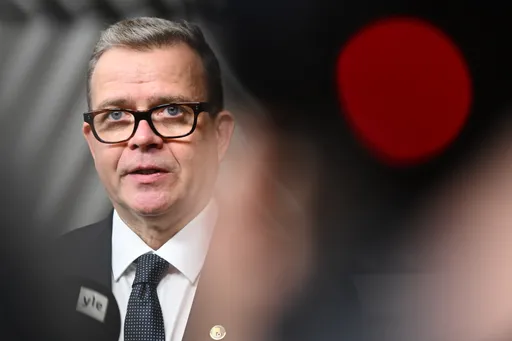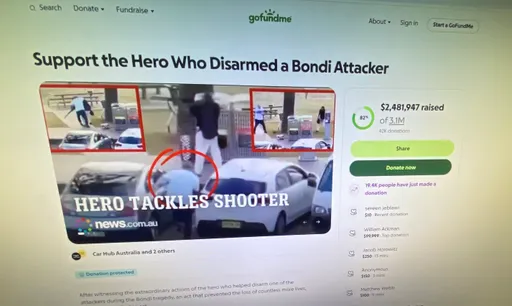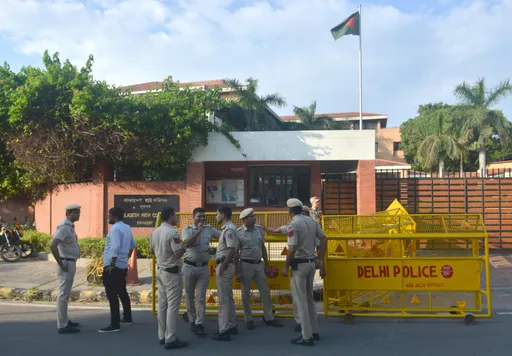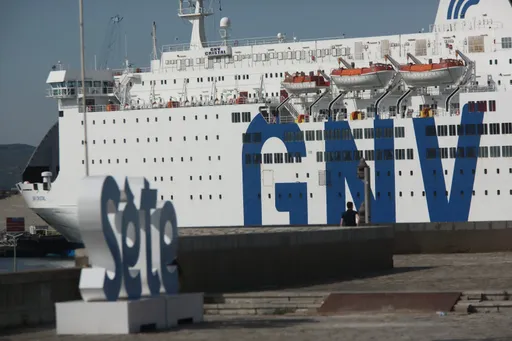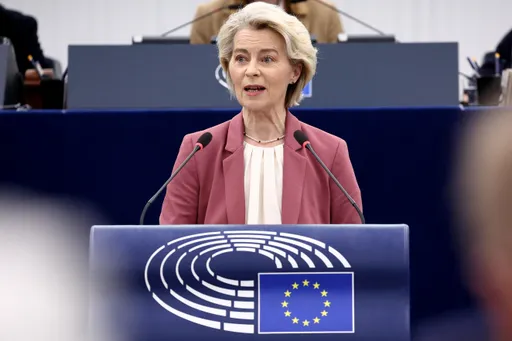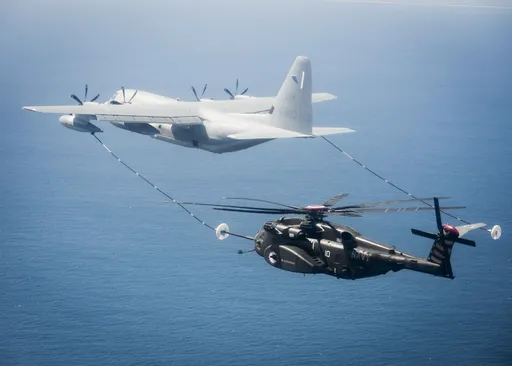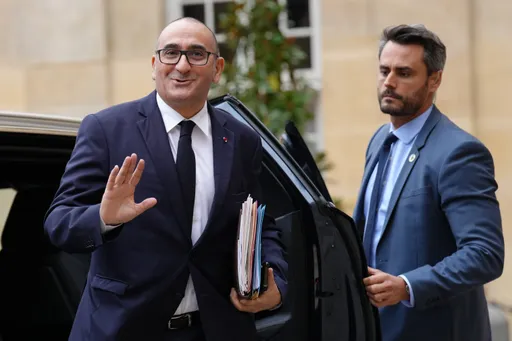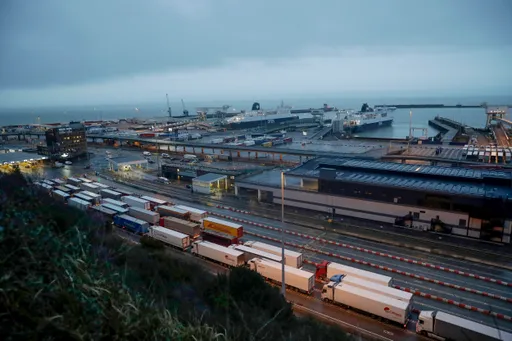“There is potential for the UK fishing industry to get back on its feet again.” Graham Doswell’s upbeat words belie his forlorn tone.
He exhales deeply, pauses, then continues in a more coordinated manner of wariness: “If we are not betrayed. UK fishermen have been kicked in the teeth so many times by our own government. We don’t have faith in them; we’re just… hoping, really”.
He is one of Britain’s 12,000 fishermen biting their nails awaiting the outcome of Brexit negotiations. Their industry has been the sticking point in intense prolonged talks. The majority of UK fishermen voted to leave the EU. They feel their government decimated their once thriving industry by entering into the EU in the first place.
As a result Britain’s fishermen became subject to controversial regulation: the Common Fisheries Policy (CFP). This was introduced to improve sustainability as many fish stocks were rapidly decreasing. It imposes quotas on how much fish of particular breeds can be caught in certain fisheries. It also provides access for all EU member states to each other’s waters.
The UK officially left the EU on January 31 but is still subject to all trade rules and regulations until December 31.
Being one of the few island states in the bloc it has the most bountiful fisheries of all member states. As a result of the other 27 having access to its waters, UK fishermen have relatively little fish to catch. For example, the UK’s cod quota in the English Channel is a meagre 9 per cent whilst France has 84.
As a result the UK fishing industry has radically decreased over the years with fishermen running small inshore vessels, like Doswell’s in Eastbourne, being worst hit.
Fishermen want a Brexit deal that will once again give them the lion’s share of their own fish. With the EU so dependent on UK waters this is proving difficult to agree. On the other hand, if Britain walks away without a deal the EU will impose export tariffs. As Britain exports 70 percent of its fish, a good outcome for beleaguered fishermen -who initially invested so much hope in Brexit- is looking increasingly unlikely.
British Prime Minister Boris Johnson has already offered a compromise of reducing EU access to UK waters by 35 percent, instead of the 60 percent in earlier talks. But the EU rejected the offer. This has raised eyebrows amongst British fishermen. There is fear Westminster will give in to Brussels’ demand of a 25 percent reduction only.
Time To Walk Away
Peter Bruce speaks like the dramatic waves he sails through. He's been catching fish in Peterhead (where most UK fish is landed) since 1977.
When he speaks of the good old days of fishing prior to the CFP his voice rises with rhythmic nostalgia. It's as if he's about to jump out of his seat, unable to contain his excitement. When he describes the state of his industry today, he comes crashing to lower, blunter tones.
"We used to have 120 boats in Peterhead in the mid 80s! Now we're down to under 30. There are ports that had hundreds and hundreds of fishing boats! Now they don't have any".
He says Britain should now walk away without a deal. “60 percent reduction is acceptable. Anything less than 35 percent is going to leave us worse off than we are at the moment”.
Last Man In The Game
When he and his large group of friends left school at 16 they all went into fishing. Today he is the last of that group remaining in the industry.
One of the saddest things he experienced was seeing his colleagues having to demolish their boats in 2003. To prevent stock depletion of certain breeds the Scottish government struck a deal with the EU to reduce the number of Scottish vessels in its waters.
“Skippers were paid by the Scottish government to decommission their boats. The boats were simply cut up. They weren’t profitable anyway because the EU had reduced the quotas so drastically. Some of these guys were really struggling financially so it was a way to get out with a wee bit of dignity. They didn’t get out with massive amounts; just enough to clear their debts”.
Despite the significant downturn he remains proud of his work.
“Fishing is my life, I run my own boat and I’m my own boss. I’ve never thought of stopping it”.
But the CFP has restricted his freedom.
“We are in a mixed fishery in the North Sea. I’m always having to shift grounds to where my quota is granted. We can’t go to where most fish is, only where we have quota. It is very hard”.
Big guys vs little Guys
Is a complete withdrawal from the CFP really going to benefit all of Britain’s fishermen?
Regulation of the UK fishing fleet is split between small vessels (under ten metres) and large ones. The UK government currently distributes the bulk of its quota to the large vessels. However, smaller vessels make up 76 percent of the fleet and amongst them only get a total of 2 percent of the overall quota. Westminster says it will continue with this distribution pattern post-Brexit when it imposes its own sustainability quotas.
“While some fishing quota could increase substantially, these benefits will not be equally shared. They will only increase revenues, profits, and wages for those who currently hold significant fishing quotas.” explains Chris Williams, a fisheries expert at the New Economics Foundation.
Doswell recognises this yet argues with words that even he doesn’t sound convinced by. Between the rock and hard place of EU bureaucracy and UK regulation it’s as if to keep going in a struggling industry, he has no option but wishful thinking. “We small fishermen don’t have a voice in Brussels but if we get control of our own waters we might have more of a chance of the UK government listening to us.” This he says despite his aforementioned sense of betrayal at their hands.
Anything but the CFP
For him at this stage, anything is better than the EU’s CFP. “I’ve faced desperation knowing there were perfectly good fish to be caught and we weren’t allowed to catch them. There was a good living to be made that was stopped by the CFP. It didn’t do enough to save stocks as it was supposed to. People went out of business. It was depressing, insane; an absolute disaster. We had to start throwing away dead fish to rot in the seabed”.
It is clear the likes of Doswell are trying to offset their frustration and sadness with fragile hope. What’s not clear is how true to its word the British government will be in promising them a sea of opportunity after Brexit.










